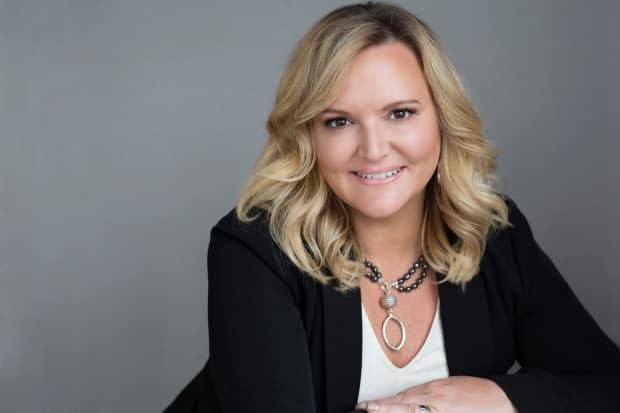Should virtual doctor visits continue in Nova Scotia? Physicians say it's critical
The pandemic has restructured everything from going to school to work — and, in Nova Scotia, it ushered in virtual medicine.
But the temporary plan the McNeil government adopted to allow doctors to charge for telephone or online visits expires at the end of the month, despite its apparent success with many doctors and patients.
The province has yet to release any data on the uptake in telemedicine.
But the president of Doctors Nova Scotia says roughly 40 per cent of her appointments now happen by phone or computer — and she's hearing similar numbers from her colleagues.
"It's allowed me to increase my efficiency during COVID [because] we have limits of how many people can be in the waiting room … so I stagger an in-person visit with a [virtual] one so that I can still see as many patients."
It also makes good sense for seniors who might need a routine follow-up about a medication that doesn't warrant an in-person visit — and the risks that come with COVID-19 or even the flu season, she said.

Hearing from the health department
The deputy health minister said at a health committee meeting this week that virtual medicine is here to stay.
But Dr. Kevin Orrell said he didn't know exactly what that might look like as the province is still investigating best practices.
"We have discovered a great many things that are useful and valuable about it," the deputy minister said. "I think we will be using it increasingly more than we did prior to COVID. The issue, of course, will be quality, safety and control."
Before the province gave the virtual medicine fee codes an extension in July, Health Minister Randy Delorey said that some appointments should perhaps only happen in person.
He gave the example of a patient who had received a diagnosis over the phone and felt greater anxiety at not having a doctor in the same room.
MacQuarrie said she understands virtual visits shouldn't replace in-person care. There are many times when a physical exam is critical.
"And so in that situation, I would just say, 'You know what? I'm going to have to switch to a face-to-face visit, I let my admin know and that gets organized in the next day or two."
MacQuarrie said she's heartened by Orrell's words, but will be happiest when the policy actually changes.
"We're really excited to hear that it's here to stay, but I would say that's kind of a no-brainer because the public is asking for this," she said. "This is no longer something between us and the government to negotiate; this is something that the public is really interested in keeping."

